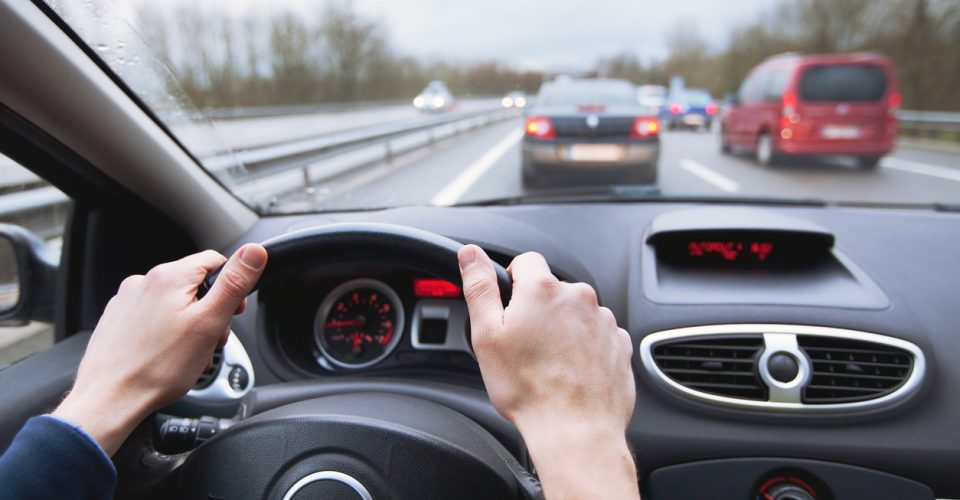Safe driving tips may seem old-fashioned or just for new drivers. Yet by avoiding accidents and tickets, you can keep your insurance rates low, not to mention avoid the costs and headaches of dealing with the aftermath.
– Keep your vehicle in good repair. Routine maintenance prevents problems before they start. A poorly maintained vehicle is an accident waiting to happen.
– Wear your seat belt! It’s proven that seat belts save lives. Make sure that your children are in proper child seats or booster seats, depending on their age and your local and state laws.
– Drive at the speed limit. Speeding is an obvious danger but driving too slowly is also dangerous since cars behind you may not realize until it’s too late that you’re driving well under the speed limit.
– Maintain a safe distance between your vehicle and the vehicle in front of you. You need at least several car lengths of distance to stop, especially at highway speeds.
– Avoid distractions while driving. Most people know that they shouldn’t text or use their cell phone while driving, but other distractions include loud radios or listening to engrossing radio programs, eating while driving, or doing any tasks that take your hands off the wheel and your eyes off the road.
– Signal, mirror, blind spot – that’s the three-step process you should always take when pulling away from the curb or changing lanes. Put on your directional signal, look in the mirror, and then check your vehicle’s blind spot to ensure the all clear before moving your vehicle to the side.
– Check the weather conditions before you begin your journey. Many people check the weather when driving during the wintertime, but summer also brings treacherous driving conditions. Torrential rainstorms, thunderstorms and even tornadoes may be in the forecast in summer, while icy roads, snow and sleet can make winter driving hazardous. Listen to the local forecast and plan your trip accordingly.
– Fuel up before you go. Running out of fuel isn’t just an inconvenience. It can be a safety hazard. Keep your car fueled, and if traveling along stretches of highway where gas stations are few and far between, try not to let your tank drop below a one-quarter full. This ensures you have enough fuel to get to the next service station.
– Never drive when you are tired or had too much to drink. Driving while impaired, whether from fatigue or alcohol, leads to tragedy. Pull over and rest if you are tired. If you plan to have an alcoholic beverage, let someone else who is not drinking drive you home.
– While it goes without saying that you also shouldn’t take illegal drugs and drive, prescription and over-the counter medications may also impair your driving ability. Read the package warnings that come with medications and understand which ones may make you sleepy or slow your reaction time. Cold medications, allergy medication, sedatives and many other medications list fatigue or sleepiness as side effects.
Hopefully these tips will help you stay safely on the Galva roads this summer!

